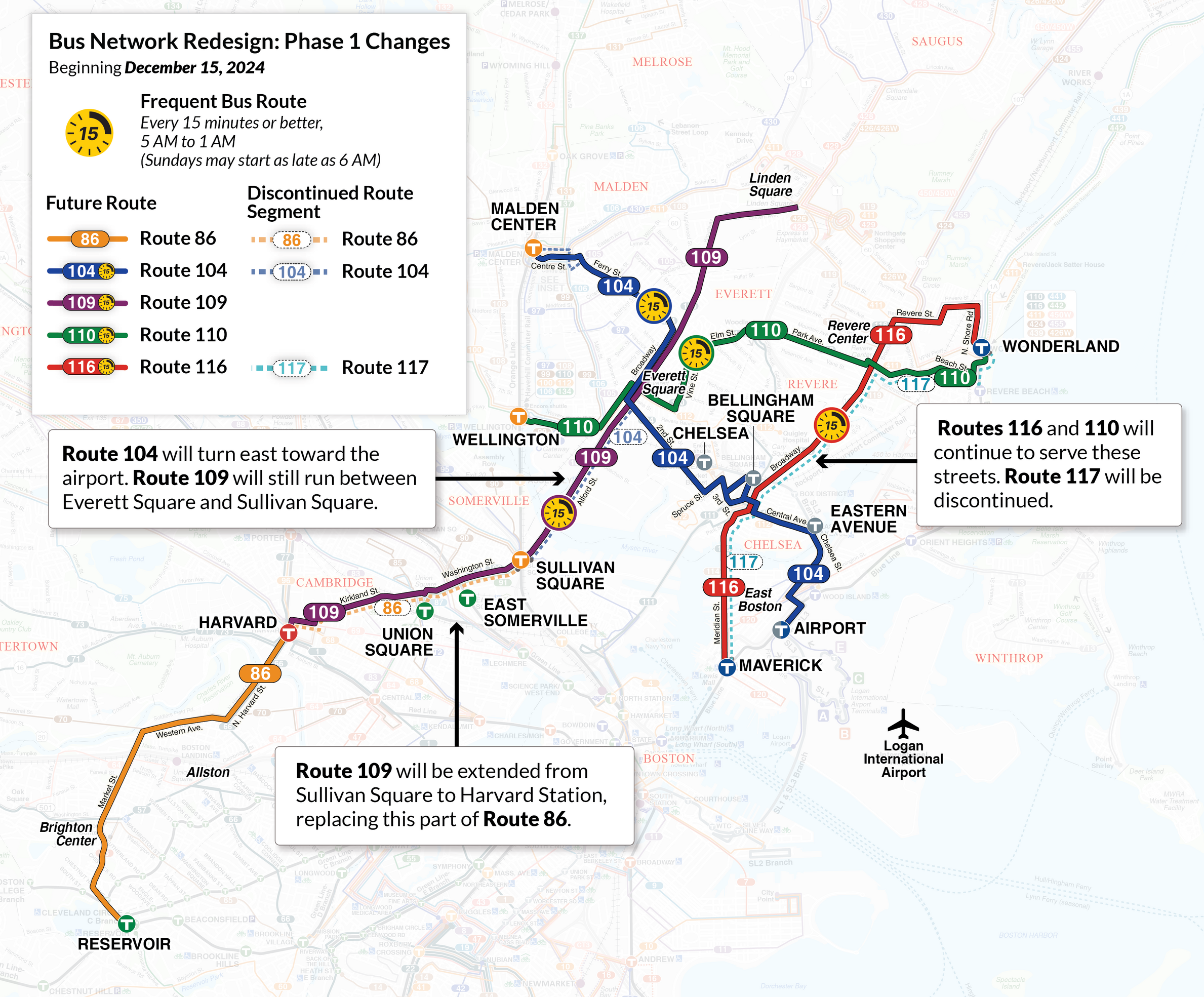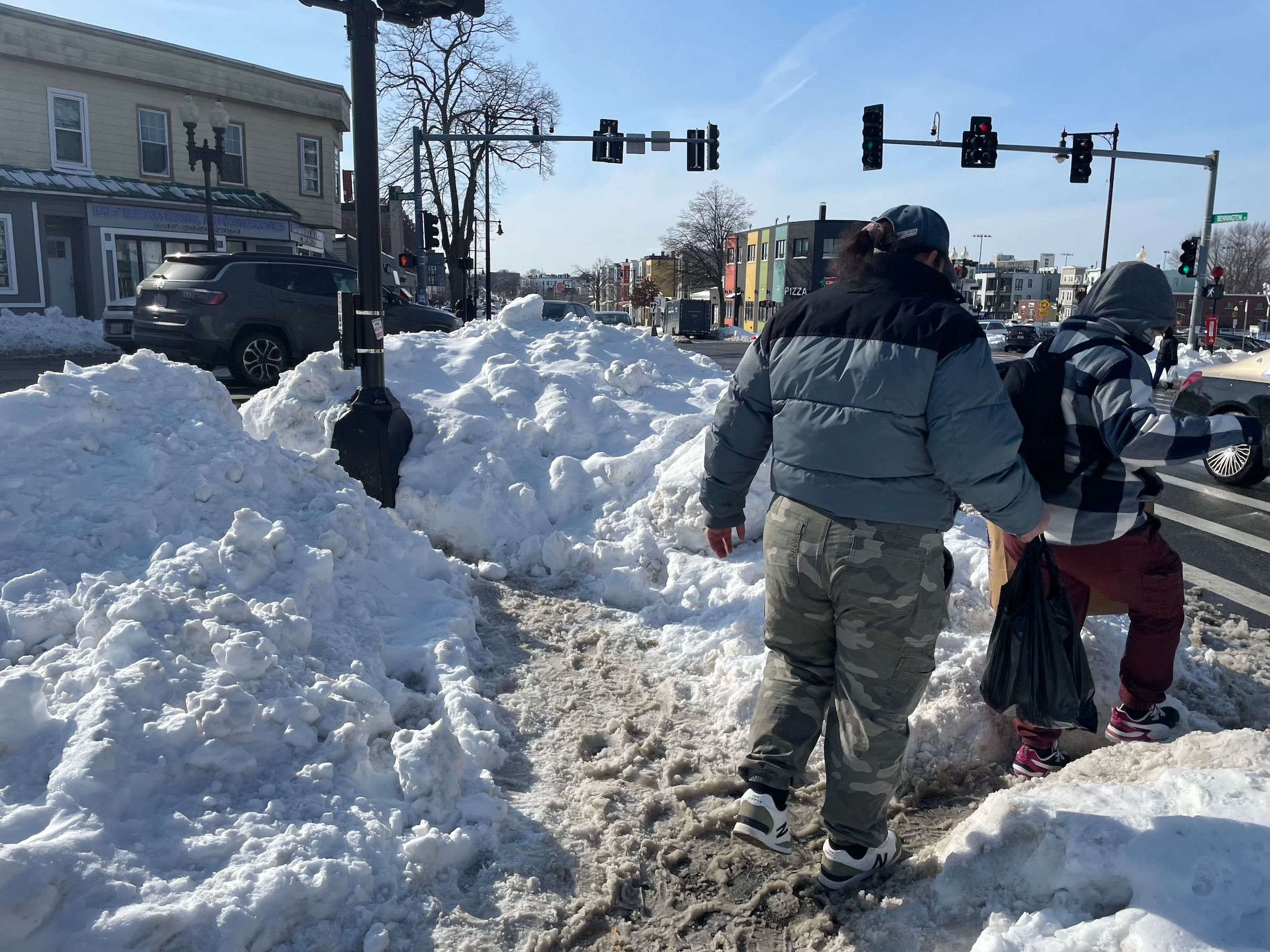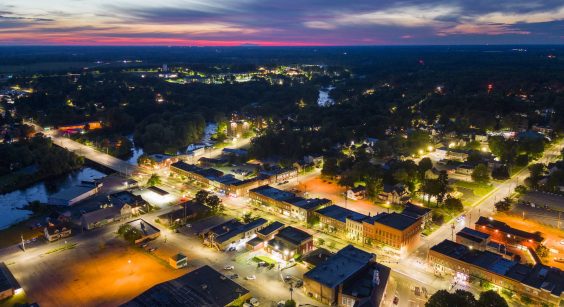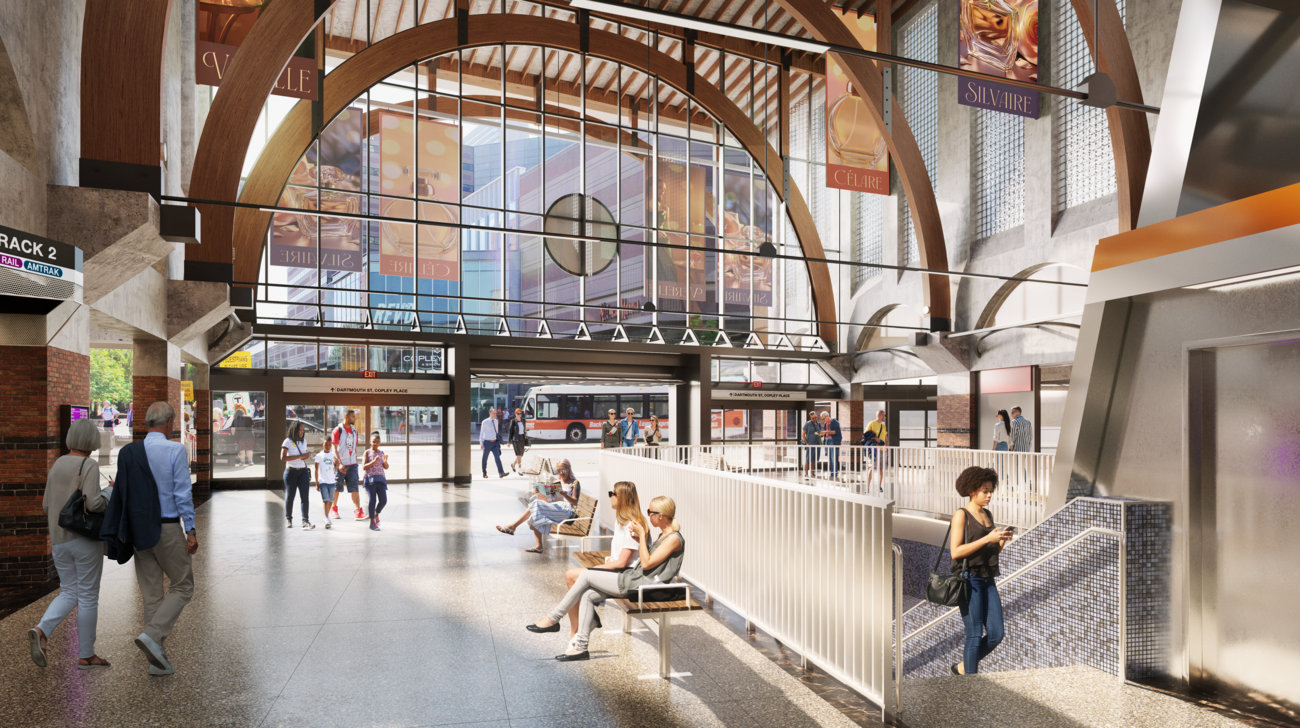The T is officially moving ahead with plans to launch "phase one" of its long-planned Bus Network Redesign on December 15, even though overall bus service in the MBTA system still remains about 12 percent below what the agency offered before the Covid-19 pandemic.
For its fall 2024 service schedule, which went into effect at the end of August, the T's bus fleet is operating 7,306 hours per weekday, MBTA officials told StreetsblogMASS on Wednesday.
In fall 2019, the T ran 8,299 hours of bus service per weekday.
The 993-hour difference between now and 2019 is equivalent to roughly 50 buses operating continuously between 5 a.m. and 1 a.m.
Still, with ongoing progress on hiring new bus operators, the T could take a big step towards restoring pre-pandemic service levels when four new "frequent-service" bus routes start operating this winter in Everett, Revere, Malden, and East Boston (see map above).
Under those changes, buses on reconfigured routes 104, 109, 110, and 116 will start running every 15 minutes or better from the early morning 'til 1 a.m., 7 days a week.
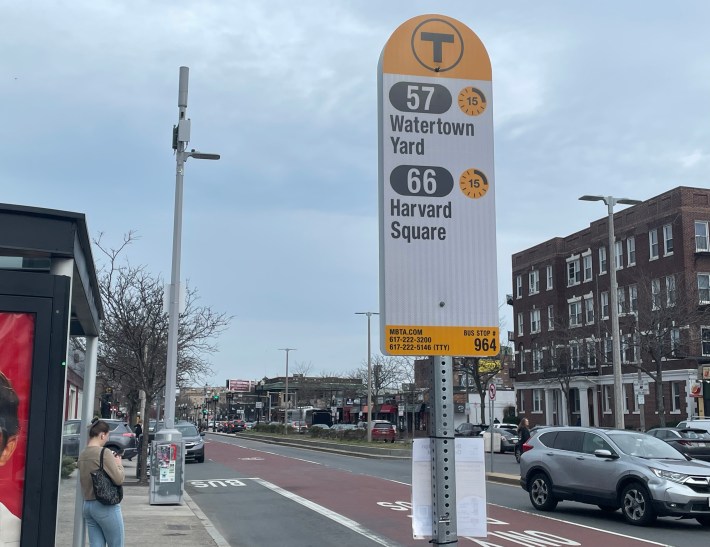
Some of that increased service will come at the expense of service reductions on other bus lines. The 86 will get considerably shorter after the new 109 takes over its connection between Harvard to Sullivan Square, and the 117 will cease to operate altogether (see map above).
But overall, the new routes will result in a considerable increase in bus service compared to today – especially in the cities north of the Mystic River.
MBTA officials told StreetsblogMASS on Wednesday that "we are adding a lot more net new service" in December, thanks to "increased operator hiring."
Buses still understaffed
MBTA officials told StreetsblogMASS that, as of this week, the agency has 1,571 active bus operators, plus 124 operators who are on the payroll but on some form of leave.
That leaves the T with 164 vacancies, although the agency does have 128 new bus operators actively in training programs.
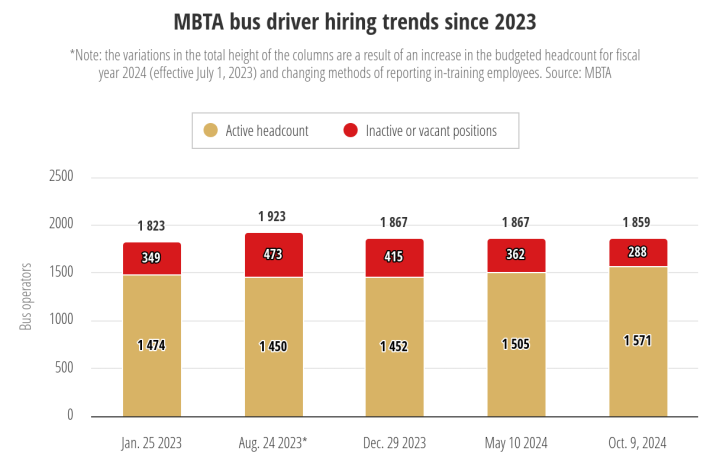
A year ago, the T adopted a new labor contract that boosted pay for new drivers. Then, last winter, the T increased the capacity and cadence of its new bus operator training programs to accommodate growing interest from job applicants.
Those initiatives have made a difference. The T now has 120 more drivers available to operate buses than it did a year ago.
But the agency still has some way to go to restoring its pre-pandemic workforce. In 2019, the MBTA consistently had 1,750 to 1,800 bus operators on its payroll.
Future phases have bigger demands for workers, infrastructure
The full 5-phase rollout of the bus network redesign plan envisions a 25 percent increase in overall bus service for the region.
To meet that goal, the T would need to hire hundreds of additional drivers, build numerous new bus garages to accommodate a larger bus fleet, and implement new bus lanes on dozens of streets.
In a press release it issued earlier this week to announce the first phase of new bus routes, T officials said that the agency still plans to move ahead with the second phase of bus network redesign – which would implement planned bus route revisions in Boston and Brookline – sometime in "early 2025."
